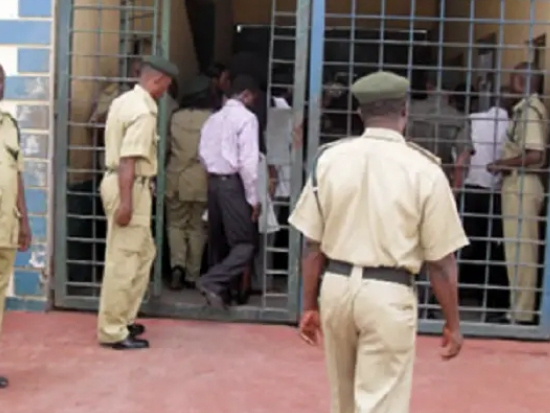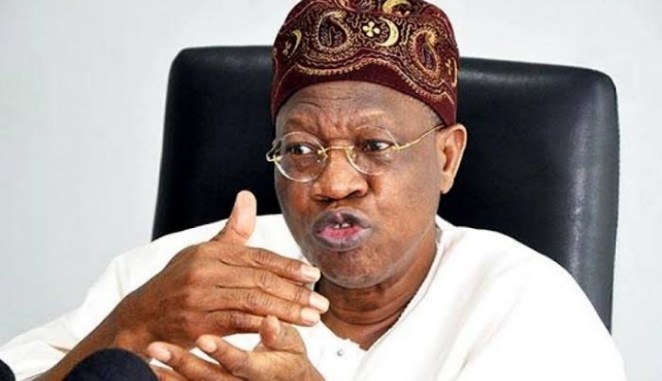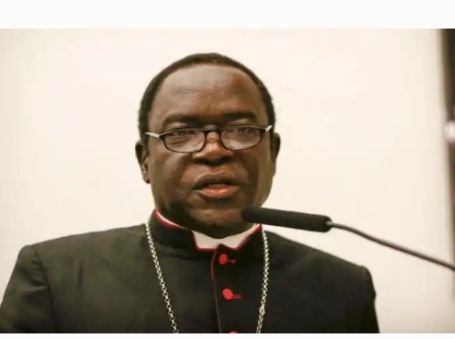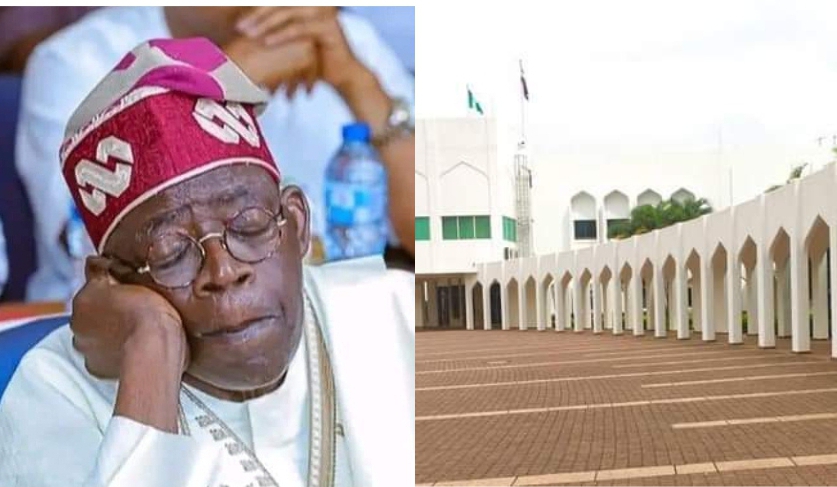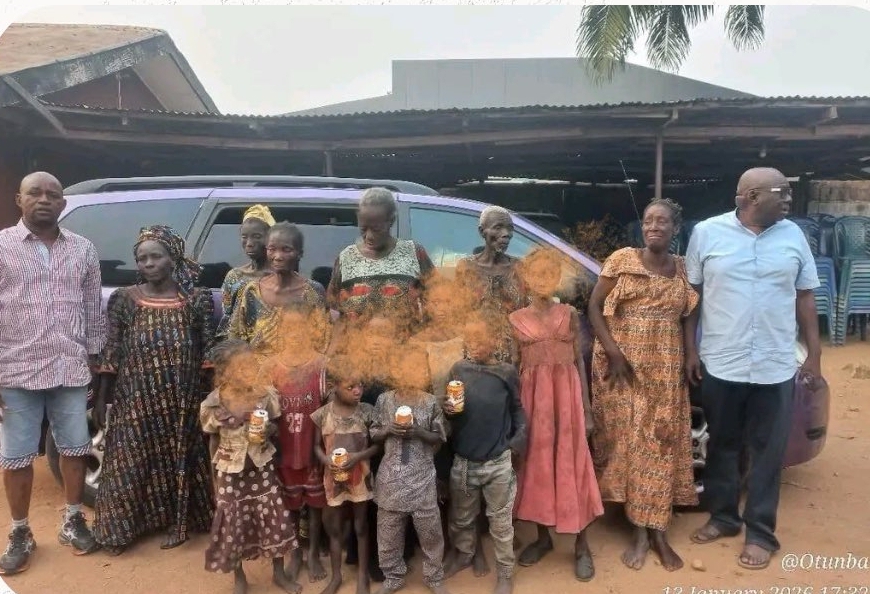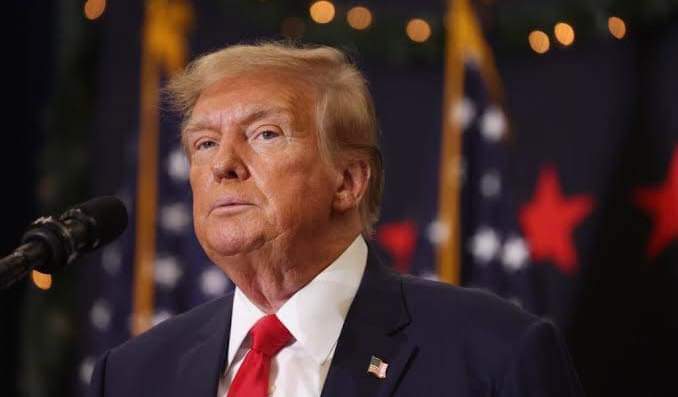
Afenifere Speaks On Interim Government, Tells Atiku, Peter Obi What To Do
Afenifere Speaks On Interim Government, Tells Atiku, Peter Obi What To Do
Afenifere, a Yoruba socio-cultural group in the United Kingdom and Europe, has warned Nigerian politicians to avoid any plot to impose an interim government on Nigerians, emphasising that since the 2023 elections are already in court, the rule of law should take its course.
The group strongly condemns those who consider an interim government, claiming that Nigeria has progressed beyond this primitive sentiment or impression capable of destabilising democracy.
The group, in a statement issued on Monday, April 3, 2023, by its Secretary, Engr. Anthony Ajayi, said those waving the emblem of crisis in Nigeria should stop immediately, noting that the crisis would further deteriorate the country’s economy.
The statement said, “It is dissecting and disturbing that interim government has become part of the conversations in Nigerian politics today. Politicians with this idea should know that there is no constitutional provision for an interim government in Nigeria and those peddling it should be reminded of the gravest consequences for their treasonable intent.
“We urged all aggrieved politicians in the just concluded 2023 general elections to follow democratic process and the rule of law to push their grievances of electoral irregularities through the judicial process. The judiciary will definitely render decision of democratic consolidation for the good of the citizenry. Calling for an interim government which is alien to our constitution and it’s tantamount to treason and felony.
“We will continue to be relentless in demand for restructuring because we believe that Nigeria as currently constituted is an unjust and suffocating system. The integration of Nigerian people without which common action for collective welfare and progress is unthinkable.
“For almost half a century, Nigerians have been searching for democracy through constitutional reforms and intricate political engineering and experimentation, spelt out in successive transition programmes. They have, however, been continuously disappointed. The persistence of political crisis in Nigeria, notable among which are: the concentration of power in the central government; the erosion of the rule of law and the independence of the judiciary; the absence of structures and institutions that can redress the mutual fears and suspicions of Nigeria’s diverse ethnic groups; reckless misrule by a corrupt and morally bankrupt political ruling class.
“We also call for a proper assessment to be made on how these non-hegemonic groups are articulated and how they impact on or affect the national democratic project as a whole. The DSS and other security agencies should do their job to unravel those behind the plot for interim government to avoid recurrence.”


